IQ
Recent articles
A genetics-first clinic for catching developmental conditions early: Q&A with Jacob Vorstman
A new clinic is assessing children who have a genetic predisposition for autism and other neurodevelopmental conditions—sometimes before traits appear.

A genetics-first clinic for catching developmental conditions early: Q&A with Jacob Vorstman
A new clinic is assessing children who have a genetic predisposition for autism and other neurodevelopmental conditions—sometimes before traits appear.
Brain organoid size matches intensity of social problems in autistic people
Overgrown organoids could point to mechanisms underlying profound autism.
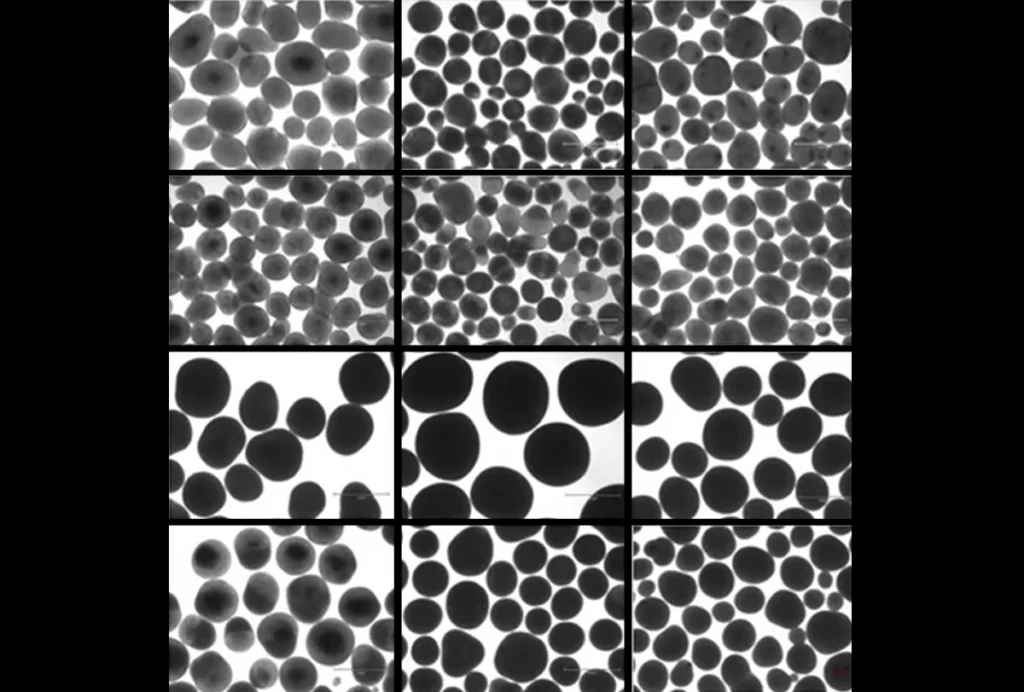
Brain organoid size matches intensity of social problems in autistic people
Overgrown organoids could point to mechanisms underlying profound autism.
‘Polygenic risk scores’ for autism, explained
These scores — composite measures of a person’s autism-linked common genetic variants — cannot predict an autism diagnosis but could help researchers better understand the condition’s underlying biology.
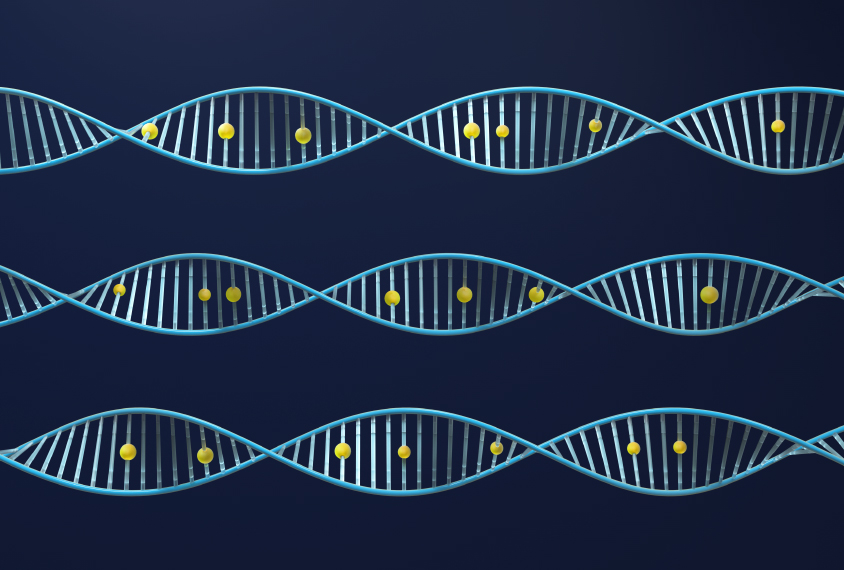
‘Polygenic risk scores’ for autism, explained
These scores — composite measures of a person’s autism-linked common genetic variants — cannot predict an autism diagnosis but could help researchers better understand the condition’s underlying biology.
Autism’s genetic heterogeneity evident in brain connectivity patterns
The results highlight the importance of subgrouping study participants based on their underlying genetics, the researchers say.
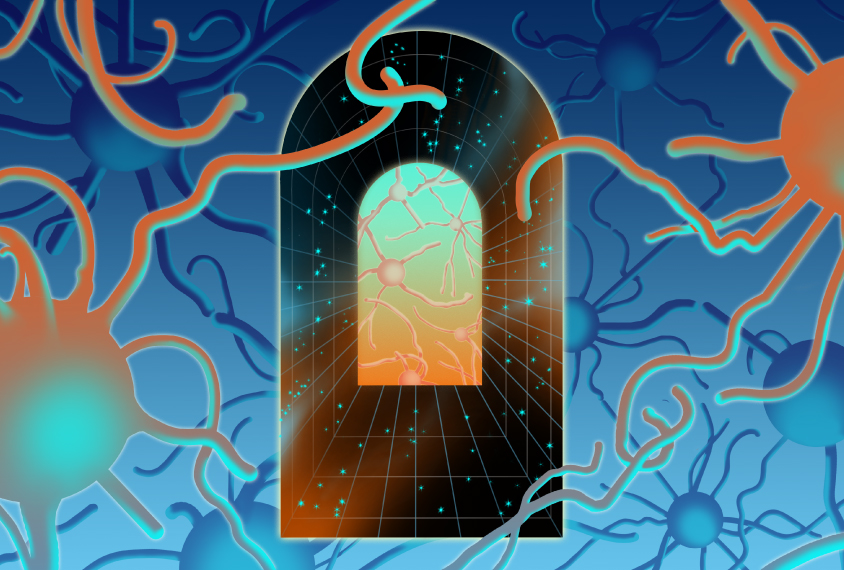
Autism’s genetic heterogeneity evident in brain connectivity patterns
The results highlight the importance of subgrouping study participants based on their underlying genetics, the researchers say.
New program offers $35K grants to study ‘profound autism’
People who have ‘profound autism’ — those with severe intellectual disability, limited communication abilities or both — tend to be excluded from research. The Autism Science Foundation seeks to change that.

New program offers $35K grants to study ‘profound autism’
People who have ‘profound autism’ — those with severe intellectual disability, limited communication abilities or both — tend to be excluded from research. The Autism Science Foundation seeks to change that.
Autism without intellectual impairments more common than previously reported
Almost 60 percent of autistic people may have an average or above-average intelligence quotient, according to a new longitudinal study.
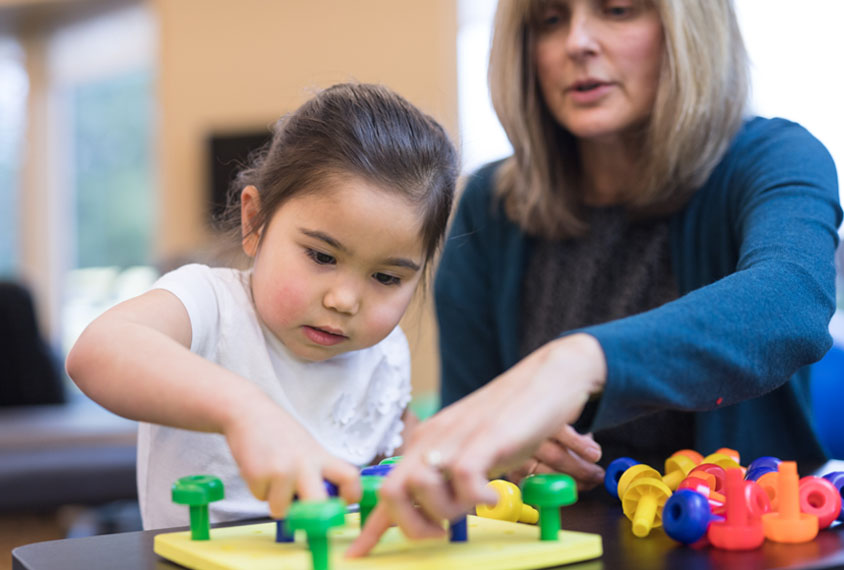
Autism without intellectual impairments more common than previously reported
Almost 60 percent of autistic people may have an average or above-average intelligence quotient, according to a new longitudinal study.
Repetitive behaviors wax and wane among autistic youth
Some types of restricted and repetitive behaviors become more prevalent among autistic children and teenagers over time, depending on their age and intellectual ability, whereas others decrease.

Repetitive behaviors wax and wane among autistic youth
Some types of restricted and repetitive behaviors become more prevalent among autistic children and teenagers over time, depending on their age and intellectual ability, whereas others decrease.
Mapping the futures of autistic children
Researchers can roughly project what autistic children's lives will look like years down the road. But how good is their crystal ball — and what are its benefits?

Mapping the futures of autistic children
Researchers can roughly project what autistic children's lives will look like years down the road. But how good is their crystal ball — and what are its benefits?
Evolutionary approach reveals impact of missense variants in autism
Cross-species comparisons can help make sense of subtle genetic variants in people with autism and identify hundreds of new genes that may contribute to the condition.
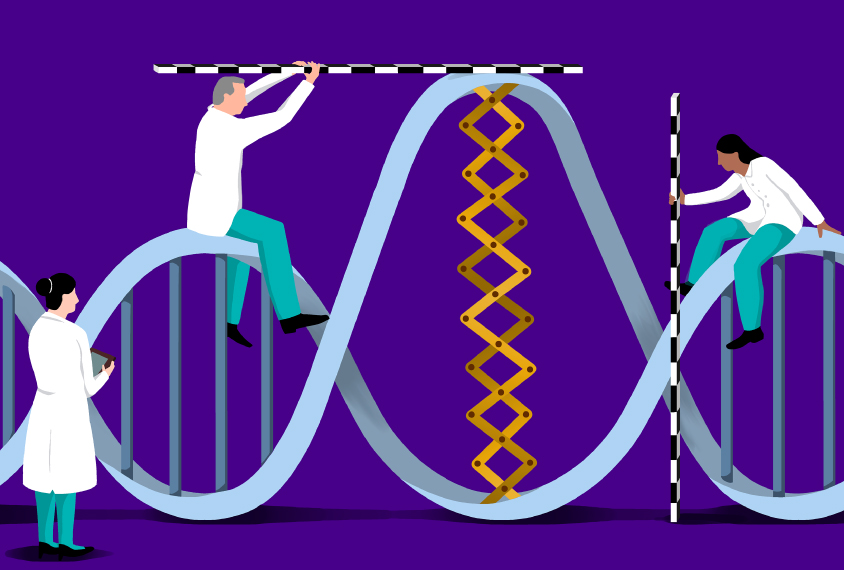
Evolutionary approach reveals impact of missense variants in autism
Cross-species comparisons can help make sense of subtle genetic variants in people with autism and identify hundreds of new genes that may contribute to the condition.
Making neuroimaging accessible for more autistic children
A new protocol aims to help researchers include more autistic people — especially those who are minimally verbal or have intellectual disability — in imaging studies.
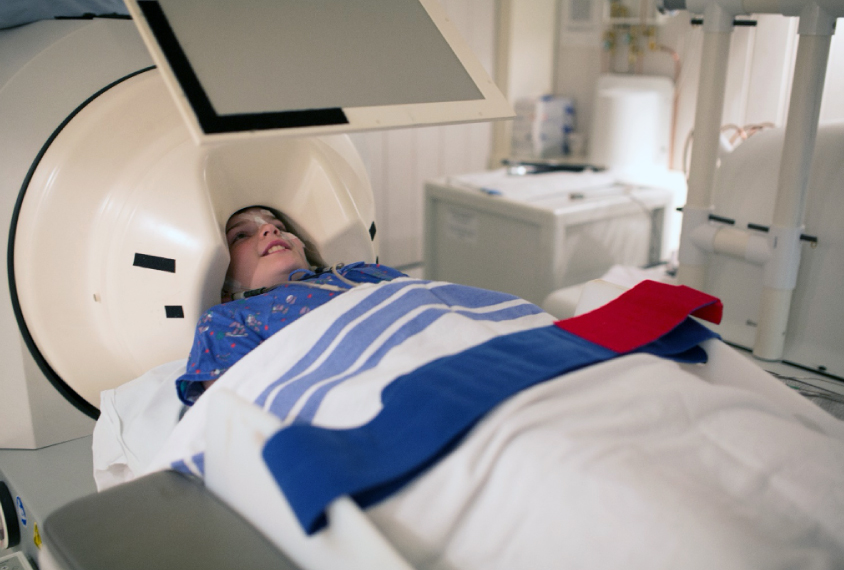
Making neuroimaging accessible for more autistic children
A new protocol aims to help researchers include more autistic people — especially those who are minimally verbal or have intellectual disability — in imaging studies.
Explore more from The Transmitter
Machine learning spots neural progenitors in adult human brains
But the finding has not settled the long-standing debate over the existence and extent of neurogenesis during adulthood, says Yale University neuroscientist Juan Arellano.

Machine learning spots neural progenitors in adult human brains
But the finding has not settled the long-standing debate over the existence and extent of neurogenesis during adulthood, says Yale University neuroscientist Juan Arellano.
Xiao-Jing Wang outlines the future of theoretical neuroscience
Wang discusses why he decided the time was right for a new theoretical neuroscience textbook and how bifurcation is a key missing concept in neuroscience explanations.
Xiao-Jing Wang outlines the future of theoretical neuroscience
Wang discusses why he decided the time was right for a new theoretical neuroscience textbook and how bifurcation is a key missing concept in neuroscience explanations.
Memory study sparks debate over statistical methods
Critics of a 2024 Nature paper suggest the authors failed to address the risk of false-positive findings. The authors argue more rigorous methods can result in missed leads.

Memory study sparks debate over statistical methods
Critics of a 2024 Nature paper suggest the authors failed to address the risk of false-positive findings. The authors argue more rigorous methods can result in missed leads.